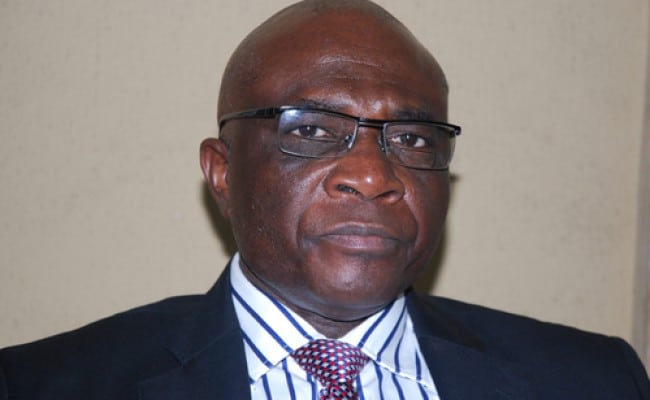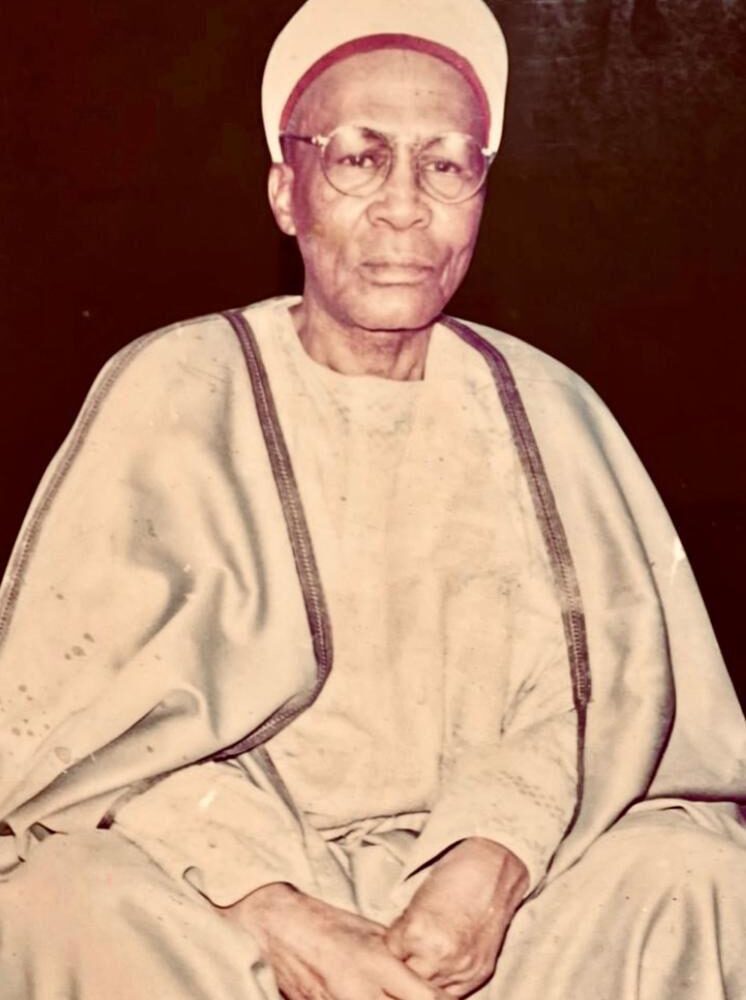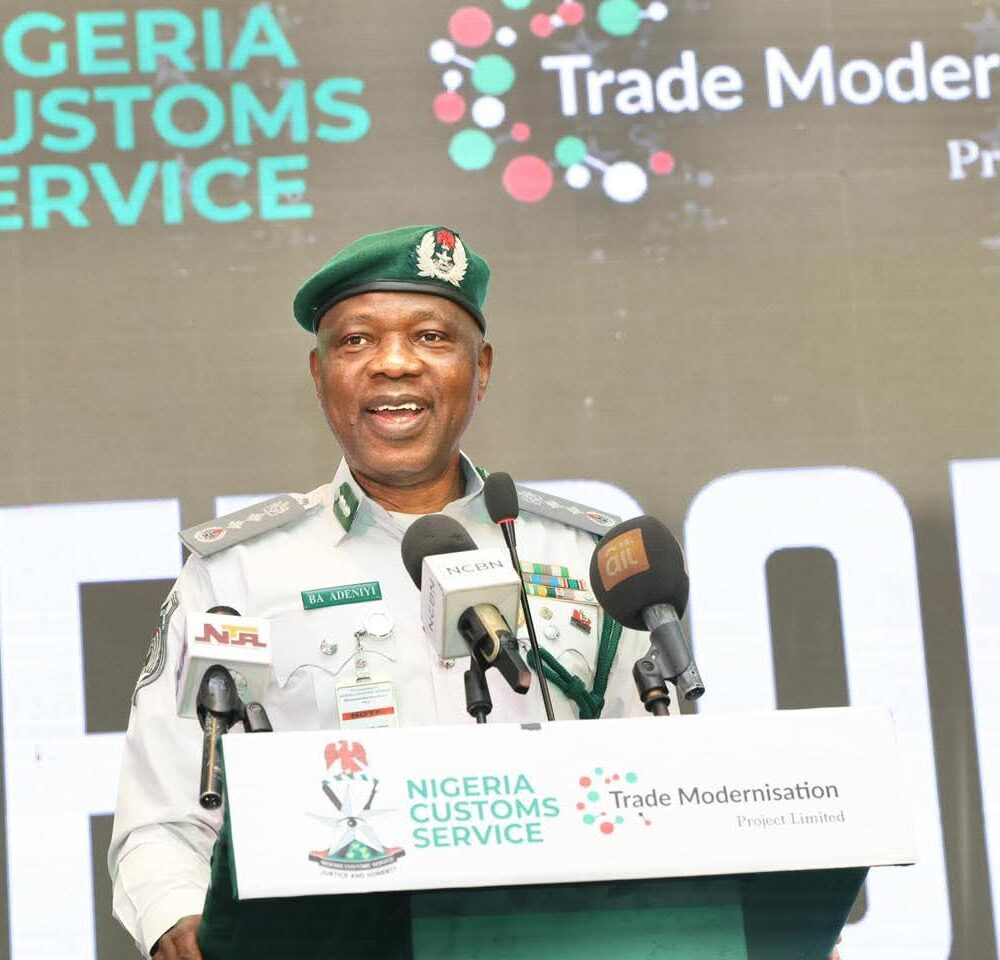In 2005 when the traditional media in Nigeria played host to Dele Olojede who had won the Pulitzer Prize for International Reporting that year, something very significant took place. That day at La Scala Hall, MUSON Centre in Lagos, venue of the event, Bayo Onanuga caused a stir when he was called to the microphone by the compere. “Bayo Onanuga, the media guru, is a man of few words but his pen is mightier than a sword”. That introduction by the anchorperson set the mood for Onanuga’s brief but remarkable speech about journalism practice before the crème de la crème of the Nigerian media.
Onanuga is a fearless journalist and activist who is well-known for his contributions to journalism and democracy.
I know that his journey as a newsman predates The Guardian Newspaper but his career obviously took firm roots at Rutam House. At The Guardian Newspaper, he cut his professional teeth alongside other courageous journalists and activists like Abdul Oroh, and Onanuga left a mark there.
But Onanuga’s decision to join Concord Magazine was a great move, and that publication eventually defined him. At Concord, where he served as editor, he inspired many young men and great stories. He also edited important copies and made a name for himself. However, his position as an editor reached its climax at Concord when the magazine wrote: Has IBB Given Up? A very bold and controversial cover story that came as a response to one of Babangida’s careless comments on the economy during his reign. The story hurt the then military President, General Ibrahim Babangida, so badly and even gave him many sleepless nights. Eventually, IBB summoned courage and reached out to Chief M.K.O. Abiola, his good friend and the publisher of Concord Press, to prevail on his boys to write a public apology without which the magazine would remain shut. The General desperately wanted a truce because the report was not only damning, it was also a frontal attack on his personality and the military government he headed. But Onanuga and his colleagues refused to publicly apologise to IBB who was at the time at the height of his glory.
All the passionate entreaties both from Abiola and supporters of IBB failed because the young men were determined to see the end of the drama.
In anger, and conscious of their honour, dignity and place in history, Onanuga walked away with his colleagues like Babafemi Ojudu, Kunle Ajibade, Dapo Olorunyomi, Seye Kehinde and others to form The NEWS, a magazine that later gave birth to other publications like Tempo, A.M. News, P.M. News and Tempo Football. As it turned out, these publications under the leadership of Onanuga became a thorn in the flesh of the military, beginning with IBB who had set the stage for his perpetual stay in office with his endless and rambunctious transition to civilian rule. The NEWS and its vibrant and courageous team actually engaged the military (both IBB and Sani Abacha) in a dog fight that lasted for nearly a decade before soldiers quickly retreated to the barracks in 1999 after a fierce battle with independent media outfits like The NEWS and others.
During those dark years of guerilla journalism in Nigeria, Onaguga and his colleagues at The NEWS and Tempo gave their all, including their lives. Onanuga, Ojudu, Ajibade, Olorunyomi, Kehinde, and even non-editorial staff in lithographic/printing, administrative and computer departments were also hounded, arrested and imprisoned for long periods of time. But Bagauda Kaltho, the magazine’s amiable Kaduna state correspondent was not as lucky as others. He died under very mysterious circumstances in the hands of Sani Abacha’s men at Durbar Hotel in Kaduna. Unfortunately, Kaltho’s death has remained a mystery nearly three decades after that tragic incident.
So, it is important to note that no one can write about those troubled years in Nigeria and the struggle by courageous young men and women without acknowledging the roles of people like Onanuga. The democracy that Nigeria has and still enjoys today was as a result of the efforts, patriotism and commitment of patriots like Onanuga. Beyond his high level of professionalism for which he is well respected, this media guru who had earlier served as Managing Director of the News Agency of Nigeria, is also known for his courage, team spirit, resilience, hard work, commitment to duty and fairness.
For those who still remember, it was his single mindedness and dedication to duty that made some of his publications like The NEWS, Tempo and P.M. News, leading titles in their different genres in those good old days of electrifying journalism practice. As a matter of fact, Onanuga, the quintessential newsman and editor read all the copies and slept both at Ijaiye and Acme Roads offices of The NEWS during production nights with junior journalists. He also provided training opportunities formally through resource persons like the late journalism teacher, Bayo Oguntuase, and other English Language teachers who came once in a while to the newsroom to share experiences with reporters.
So, as Onanuga becomes Special Adviser on Information and Strategy to President Bola Ahmed Tinubu, he will be bringing on board, his skills, knowledge and know-how on a job that he fully understands. In fact, he will bring his wealth of experience to strategy and information management at the highest level of government. And to be honest, the government of the day at the federal level needs competent and experienced media managers like Onanuga to communicate government policies and programmes effectively. And I am very confident that he will deliver on his responsibilities with this very important appointment. He is indeed the man for the job. Congratulations, my Editor-in-Chief.





